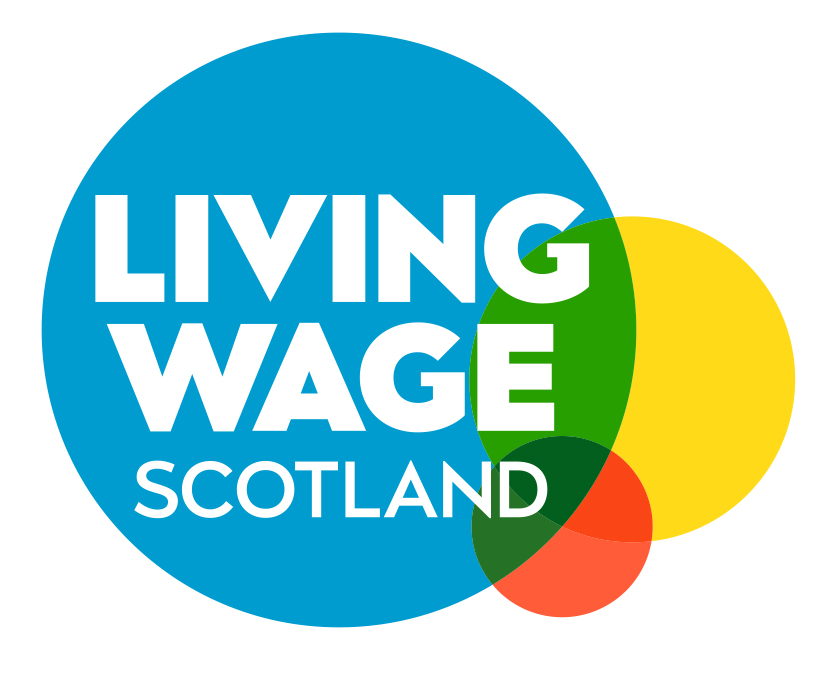By Gerry McCartney, Head of the Scottish Public Health Observatory (ScotPHO)
ScotPHO is a collaboration of various public health organisations led by Public Health Scotland which aims to provide a clear picture of the health of the Scottish population and the factors that affect it.
The health of any population is a product of the social and economic conditions that people live in. This means that the provision of high quality housing, education, employment, transport, services, physical environments and social security determines the health of the population overall. How these are distributed across the population determines how large inequalities in health are.
Of all of the above influences on health, income is amongst the most important. Indeed, a Minimum Income for Healthy Living has previously been calculated to indicate just how dependent the health of individuals, families, communities and society overall is on receipt of an adequate income for their needs. This in turn is influenced by the costs of participating in society.
Our own calculations have shown that declining real terms incomes over the last 10 years in Scotland have been an important contribution to the stalled trends in life expectancy. Reductions in the value and eligibility for social security benefits have played a substantial role in those trends. We have made available tools to allow people to make these calculations for their own local areas.
Poverty is generated through the design of the economy, which locks workers into low wages and precarious work and prevents a transition to more highly skilled, productive and fulfilling work. Over the last 20 years, in-work poverty has increased in Scotland. In 2018/19, more than half of people in Scotland in poverty lived in a working household, compared to less than 40% in 1998/99. Low hourly wages and underemployment are important key causes of in-work poverty. The latest data suggest around 190,000 people in Scotland are underemployed. Initiatives like the real living wage, which boost incomes by increasing the hourly rate of earnings, can help to reverse these trends and are an intrinsic part of economic redesign. Organisations that become accredited as Living Wage Employers ensure that their own staff, but also all the staff that they contract and who supply their organisation are protected from the chains of poverty. For some large organisations like the NHS, this can have huge impacts on hundreds and thousands of workers, allowing them the means to participate fully in society and become healthier as a result.
Alternative economic designs are possible and are increasingly being described using terms like ‘Wellbeing Economies’ and ‘Inclusive Economies’, including by local authorities in Scotland like North Ayrshire and Clackmannanshire. These new designs have the potential to ensure that the economic gains from work are shared with workers and the local communities. What is important about these initiatives is that they propose the redesign of economies to eradicate poverty and inequality, and to achieve sustainability and wellbeing. As CLES have said, this is a very different approach from working harder and harder to mitigate the poverty and inequality that inevitably arises from the economic designs we have experienced over recent decades.
In this living wage week there is an opportunity for more employers and organisations to reflect on their own contribution to redesigning Scotland’s economy by becoming an accredited employer. If we want to live in a Scotland free from poverty, inequality and ill-health this is a necessary step. What can you do to catalyse your employer or organisation to become accredited?

